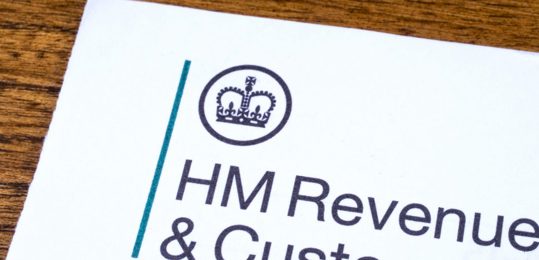The UK government's Brexit withdrawal deal offers some guarantees for Britons living elsewhere in the EU and EU citizens in the UK. These may all be lost of course in a ‘No Deal’ scenario.
Currently, social security contributions in the EU are co-ordinated. So someone who has worked in more than one member state can make just one application to the relevant agency where they are living when they reach pension age. That agency then notifies any other EU state where the individual has worked, and the National Insurance Contribution that they paid there becomes part of the pension.
In the event of ‘No Deal’, this mutual agreement disappears, and there is no clarity as to whether any of the existing UK deals with individual EU states on social security will be kept.
Additionally, the UK tax treatment of overseas pension transfers could change post-Brexit. There is no guarantee that tax-free transfers will continue for UK pensioners living in the EU. Transfers from the UK to non-EU countries have been subject to a 25% UK "overseas tax charge" since 2017.
There could also be an effect on current social security contributions. Currently, where someone is posted to an EU member state, they would continue to pay UK National Insurance Contributions for up to 24 months from when they left the EU, and similarly those posted to the UK from a member state do not need to pay UK NICs for up to 24 months. Without these rules in place individuals could either face paying or being exempt from social security contributions in both countries at once.
The UK Government has therefore published four draft Statutory Instruments in relation to the social security treatment of individuals in case of a ‘No Deal’ Brexit, in an attempt to maintain the current EU principles and rules on social security coordination when the UK withdraws from the EU.




